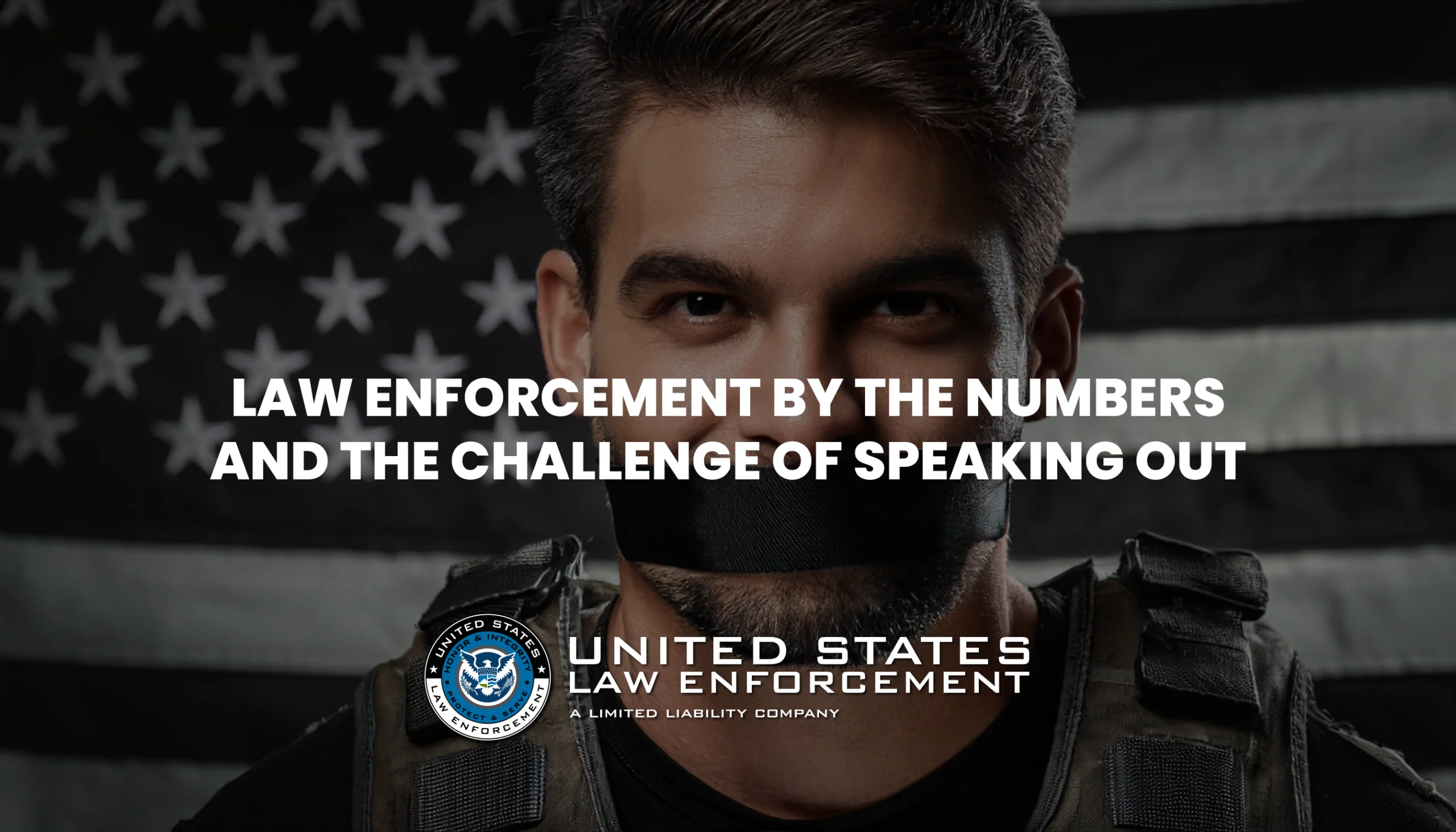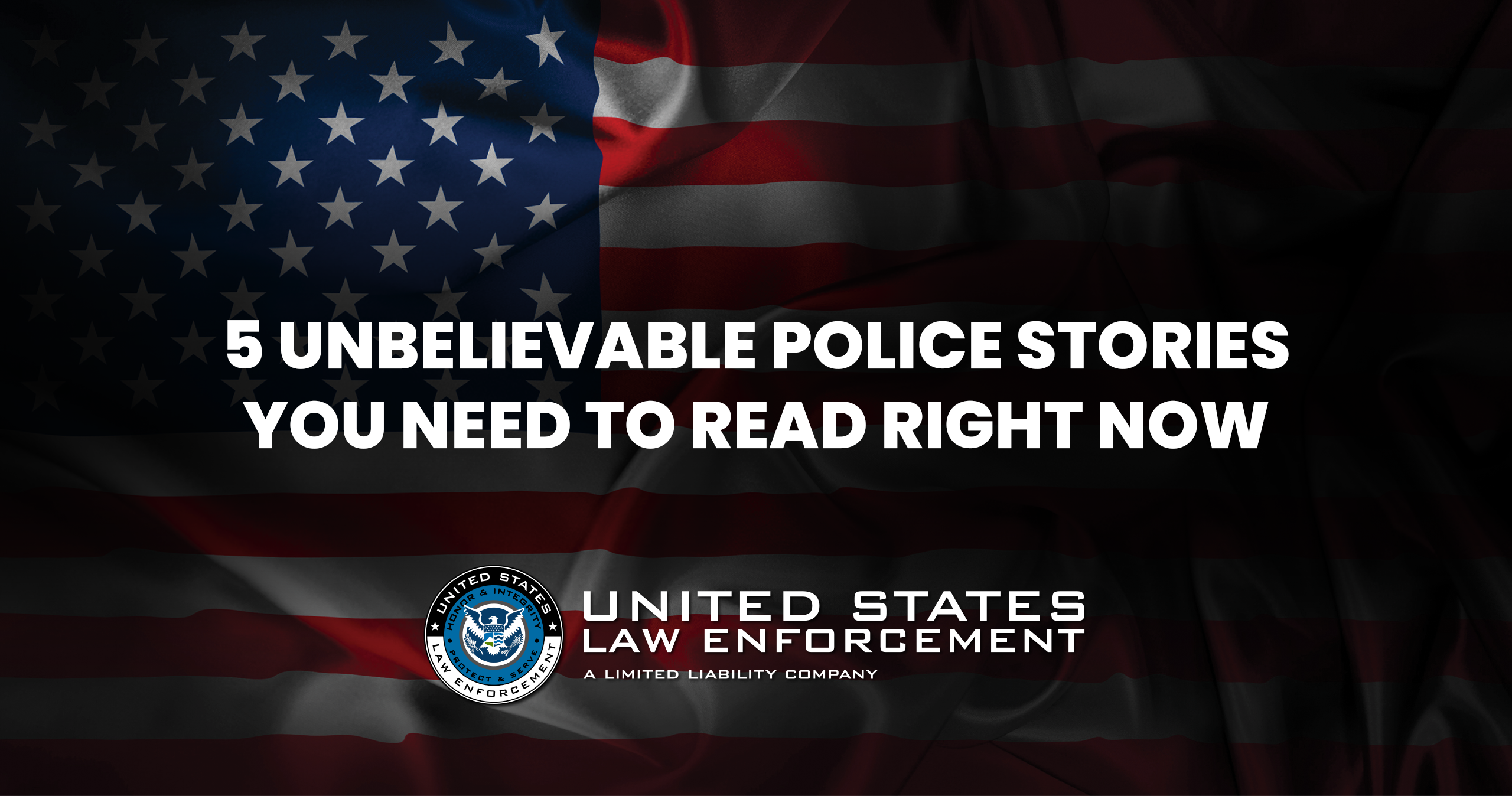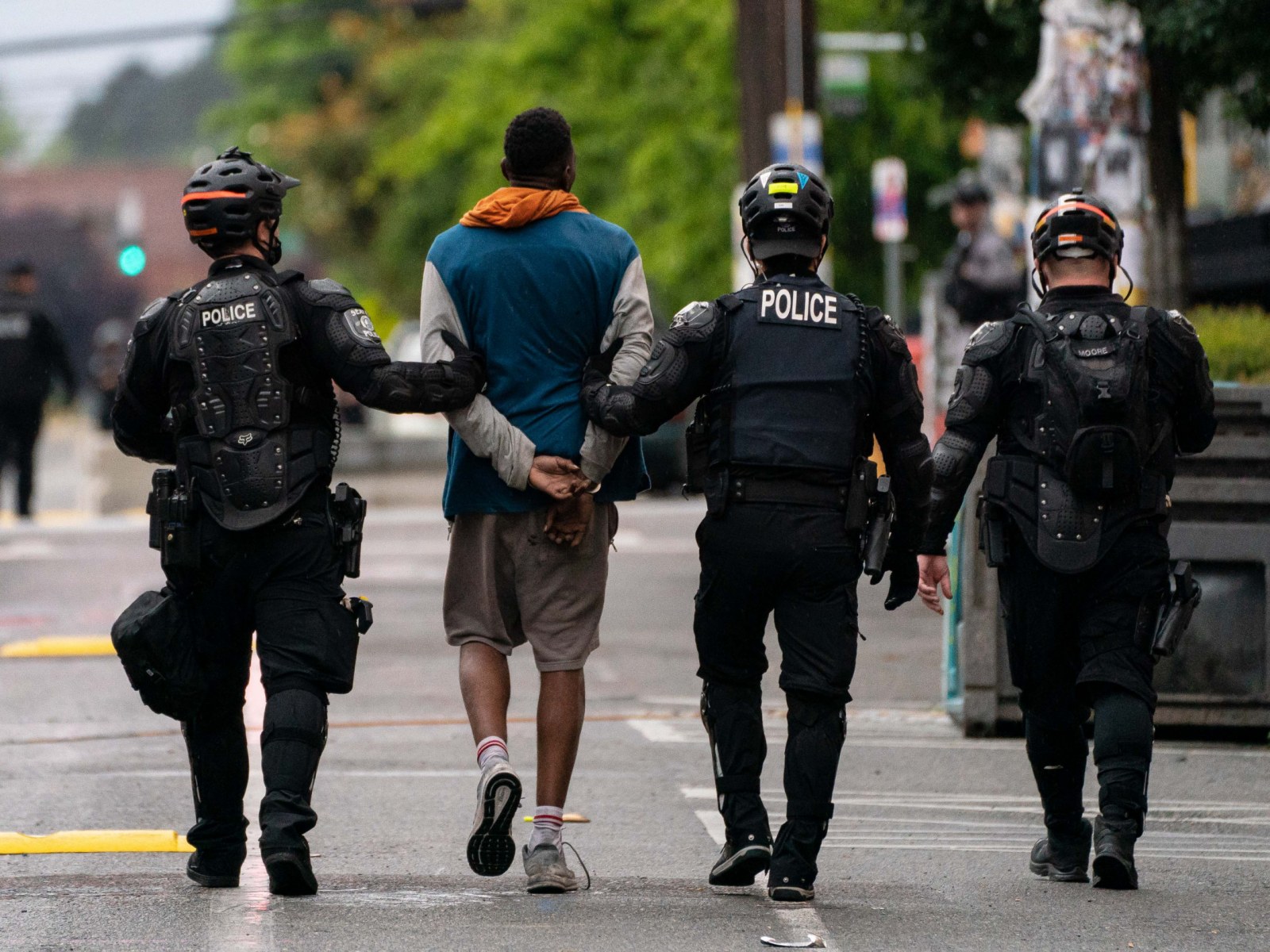So here we are, diving headfirst into a question that's been floating around for years—why are the police called 12? It’s one of those quirky phrases that just sticks in your mind, doesn’t it? Like a catchy song or an inside joke you can’t quite figure out. But this isn’t just some random number. Nope, there’s history, culture, and even a bit of controversy behind it. Stick with me, because we’re about to unravel the mystery together. This ain’t just a casual chat; this is a deep dive into the world of law enforcement slang and its roots.
Let’s face it, we’ve all heard the phrase at some point, whether it’s in movies, music, or even casual conversations. “Calling the 12” has become a part of our everyday language, especially in certain communities. But have you ever stopped to think about why this particular number is associated with the police? Is it random, symbolic, or does it have a deeper meaning? The truth is, it’s a mix of all three. And that’s what makes it so fascinating.
Now, before we get too far into the rabbit hole, let’s make one thing clear—this isn’t just about numbers. It’s about understanding the relationship between law enforcement, society, and how language evolves over time. So buckle up, because we’re about to break it down in a way that’s both informative and, dare I say, entertaining.
- Unlock The Power Of Wheor Your Ultimate Guide To Success
- How Tall Is George Foreman Unveiling The Boxing Legends Height And More
The Origins of "12" in Law Enforcement
Alright, let’s rewind the clock and go back to where it all started. The use of the number "12" to refer to police isn’t exactly ancient history, but it’s been around long enough to earn its place in popular culture. Back in the day, before smartphones and social media, people relied on radios and CB (Citizens Band) communication to stay connected. And guess what? Police scanners were a big part of that scene.
In the CB world, the number "12" became shorthand for "the law." Why? Well, it’s believed that the number originated from the 10-codes used by police departments. Specifically, "10-12" was often used to signal the presence of police officers in the area. Over time, the "10-" part got dropped, leaving just the "12." Simple, right? Or is there more to it?
How CB Radio Culture Shaped the Term
CB radios were huge in the 70s and 80s, especially among truckers and other road warriors. These guys spent hours on the road, and CB radios were their lifeline to the outside world. They developed their own slang and codes to communicate quickly and discreetly. When they needed to warn each other about police presence, they’d say, “12 on the road ahead.” It was efficient, easy to remember, and got the job done.
- Goran Viscaronnji263 The Talented Actor Who Stole Hearts On Er And Beyond
- Practical Nursing Nyc Your Ultimate Guide To Pursuing A Rewarding Career
- Truckers used CB radios to share info about speed traps and road conditions.
- The term "12" became synonymous with police, thanks to its widespread use in CB culture.
- This slang eventually made its way into mainstream language, thanks to movies and music.
Why Are the Police Called 12 in Music and Pop Culture?
Music has a way of immortalizing phrases and making them stick in our heads. And when it comes to the term "12," the music industry played a huge role in popularizing it. From hip-hop to country, artists across genres have referenced the number in their songs. Why? Because it adds a layer of authenticity and street cred to their lyrics.
Take OutKast’s "Call the Law" for example. In the song, they mention "12 on the block," which instantly paints a picture of law enforcement presence. Or consider the classic country hit "Convoy," where truckers use CB lingo to evade police. These references aren’t just random—they’re a nod to the real-world slang that inspired them.
Examples of "12" in Songs
- OutKast - "Call the Law": "12 on the block, what you gonna do?"
- C.W. McCall - "Convoy": "Breaker one-nine, we got 12 up ahead."
- Tupac - "Ambitionz Az a Ridah": "Calling the 12, they on my trail."
These songs aren’t just catchy—they’re cultural artifacts that reflect the relationship between law enforcement and the communities they serve. And that brings us to our next point…
The Symbolism Behind the Number 12
Numbers have always held symbolic meanings in different cultures. Think about it—there’s 12 months in a year, 12 hours on a clock, and even 12 apostles in the Bible. So is it any surprise that the number 12 would carry weight in law enforcement slang? Maybe not. But there’s more to it than just coincidence.
For many, the number 12 represents authority, order, and structure. In the context of law enforcement, it’s a nod to the role police play in maintaining public safety. But for others, it’s a symbol of resistance and defiance. When someone says, “Calling the 12,” they might be acknowledging the presence of authority—or they might be warning others to prepare for a confrontation. It’s all in the context.
Does the Symbolism Change Over Time?
Language is fluid, and so is the meaning behind the words we use. What started as a CB radio code has evolved into a cultural phenomenon with multiple interpretations. In some circles, “12” is still seen as a neutral term for law enforcement. But in others, it’s become a loaded word with negative connotations. The key is understanding the context in which it’s used—and being mindful of the impact it can have.
The Controversy Surrounding the Term
Now, let’s talk about the elephant in the room. Not everyone loves the term "12." In fact, some people find it offensive or disrespectful. Why? Because it’s often used in contexts that portray law enforcement in a negative light. Whether it’s in rap lyrics or social media memes, the term can carry a tone of defiance or even hostility. And that’s where things get complicated.
On one hand, language is a reflection of culture, and slang like "12" is a natural part of that. But on the other hand, words have power—and they can shape how we perceive the world around us. So while the term might seem harmless to some, it can be triggering or hurtful to others. It’s a balancing act, and one that requires empathy and understanding.
Can We Use the Term Responsibly?
Of course, we can. Language evolves, and so can our attitudes toward it. If we approach the term "12" with respect and mindfulness, we can use it as a tool for communication rather than division. It’s all about intention—and being aware of the impact our words can have.
How the Term is Used Today
Fast forward to 2023, and the term "12" is still alive and kicking. You’ll hear it in movies, TV shows, and even casual conversations. But its usage has shifted over time, adapting to the changing social landscape. Today, it’s often used in a more neutral or even humorous way, depending on the context. That said, it’s still important to be mindful of its history and the emotions it can evoke.
For example, in a comedy sketch, someone might joke about “calling the 12” to deal with a minor inconvenience. In this context, the term is light-hearted and playful. But in a serious discussion about police reform, the same word might carry a heavier weight. It’s all about the tone and the audience.
Examples of Modern Usage
- Social Media Memes: "When the 12 shows up uninvited to your block party."
- TV Shows: "Looks like the 12 is on patrol tonight."
- Everyday Conversations: "Better watch out, the 12 is around the corner."
The Future of the Term "12"
So where does the future of the term "12" lie? Like any piece of slang, its popularity will ebb and flow over time. But one thing’s for sure—it’s not going away anytime soon. As long as law enforcement remains a part of our daily lives, we’ll continue to find new ways to talk about it. And who knows? Maybe the next generation will come up with their own version of "12" to describe the police.
What we can do in the meantime is approach the term with an open mind and a willingness to learn. Whether you love it, hate it, or are somewhere in between, understanding its origins and significance can help bridge the gap between different perspectives. After all, language is a powerful tool—and one that we should use wisely.
Will the Meaning Change?
Change is inevitable, and the meaning of "12" is no exception. As society evolves, so too will the way we talk about law enforcement. But one thing that won’t change is the importance of communication—and the need for empathy in our interactions. So the next time you hear someone say “calling the 12,” take a moment to reflect on what it really means. You might be surprised by what you discover.
Final Thoughts: Why Are the Police Called 12?
So there you have it—the story behind why the police are called "12." It’s a tale of history, culture, and the ever-evolving nature of language. From CB radios to hip-hop lyrics, this term has left its mark on our collective consciousness. But more importantly, it’s a reminder of the power of words—and the responsibility we have to use them wisely.
As we’ve explored in this article, the term "12" isn’t just a random number. It’s a reflection of our relationship with authority, our cultural values, and our shared experiences. And while it may carry different meanings for different people, one thing is certain—it’s here to stay.
So what’s next? Well, that’s up to you. Whether you’re a fan of the term or not, I encourage you to keep the conversation going. Share this article with your friends, leave a comment below, or start a discussion in your community. Together, we can build a deeper understanding of the world around us—and the words we use to describe it.
Table of Contents
The Origins of "12" in Law Enforcement
Why Are the Police Called 12 in Music and Pop Culture?
The Symbolism Behind the Number 12
The Controversy Surrounding the Term
Final Thoughts: Why Are the Police Called 12?
Subheadings
How CB Radio Culture Shaped the Term
Does the Symbolism Change Over Time?
Can We Use the Term Responsibly?



Detail Author:
- Name : Constantin Klein
- Username : ryan.lisette
- Email : fletcher17@wolf.com
- Birthdate : 1973-02-12
- Address : 3327 Ethelyn Shoal Boylestad, IN 21602-1307
- Phone : +1-763-924-3839
- Company : Jakubowski, DuBuque and Stokes
- Job : Silversmith
- Bio : Ab delectus distinctio modi nihil dolor. Vero eligendi ex error voluptas eveniet. Voluptatum eos accusamus magnam perspiciatis.
Socials
twitter:
- url : https://twitter.com/kylercorwin
- username : kylercorwin
- bio : Architecto doloremque labore non rerum earum et. In autem necessitatibus est commodi occaecati iste deleniti omnis. Et qui ad id architecto.
- followers : 3947
- following : 884
facebook:
- url : https://facebook.com/kyler_official
- username : kyler_official
- bio : Pariatur praesentium vitae molestias eveniet odit.
- followers : 1536
- following : 611
instagram:
- url : https://instagram.com/corwin1987
- username : corwin1987
- bio : Aut ut aut et recusandae. Autem quo voluptatem sed ad.
- followers : 6438
- following : 1543
tiktok:
- url : https://tiktok.com/@kyler.corwin
- username : kyler.corwin
- bio : Ab quia praesentium aut vero id accusantium atque et.
- followers : 2141
- following : 1217
linkedin:
- url : https://linkedin.com/in/kyler4025
- username : kyler4025
- bio : Qui asperiores repellat iure quidem.
- followers : 4965
- following : 1765